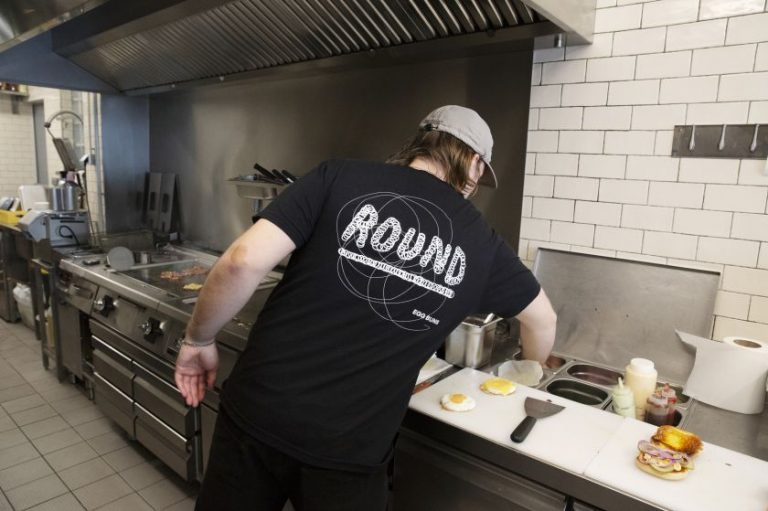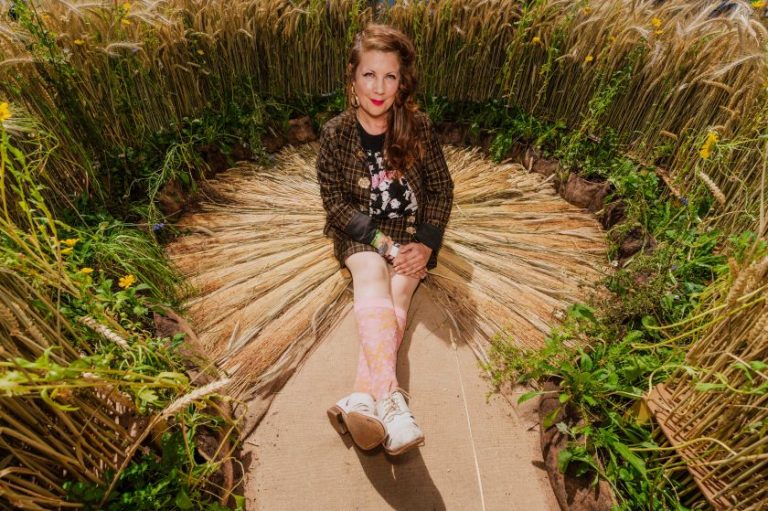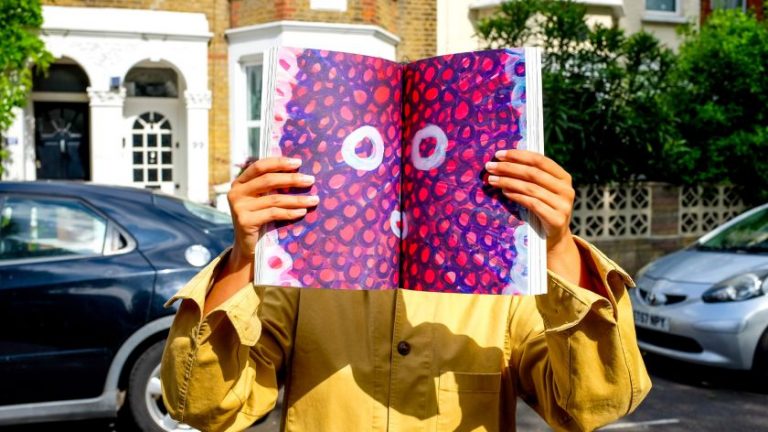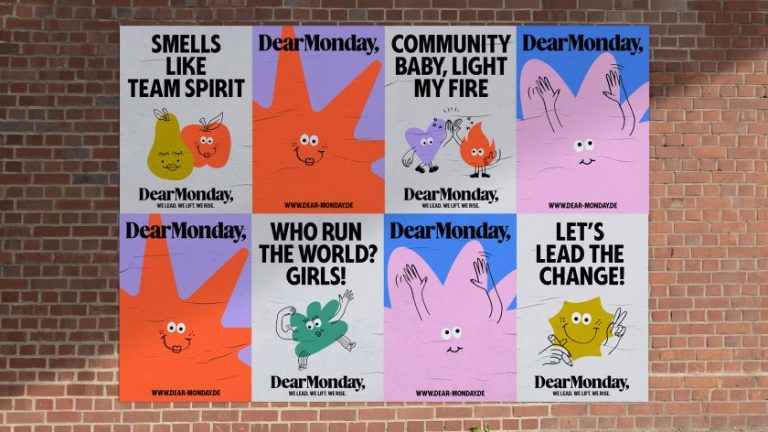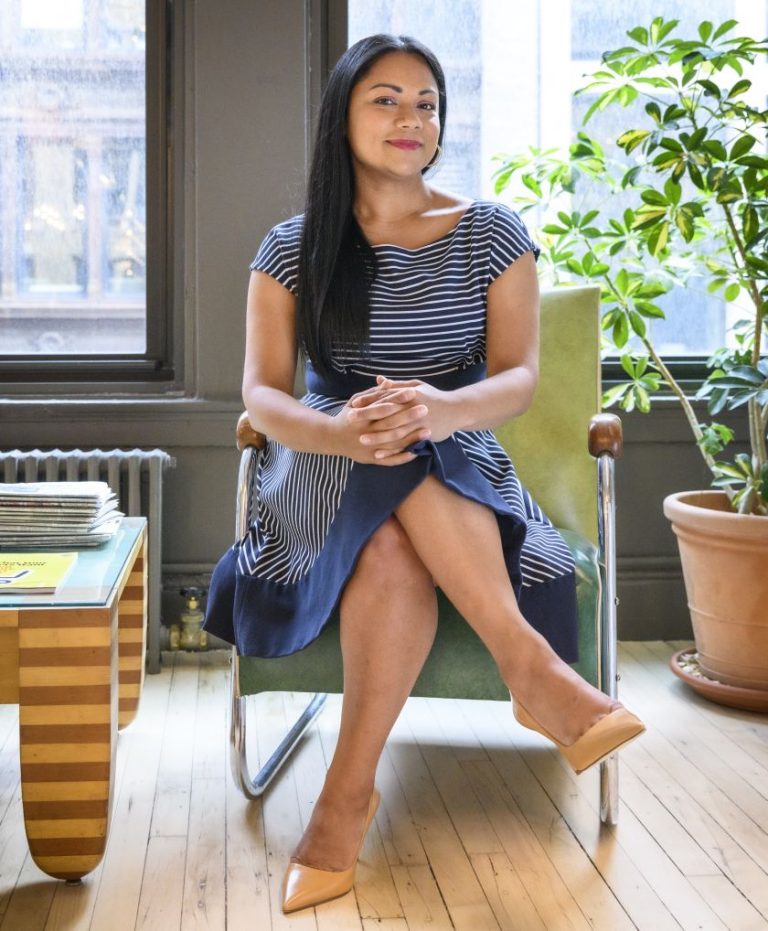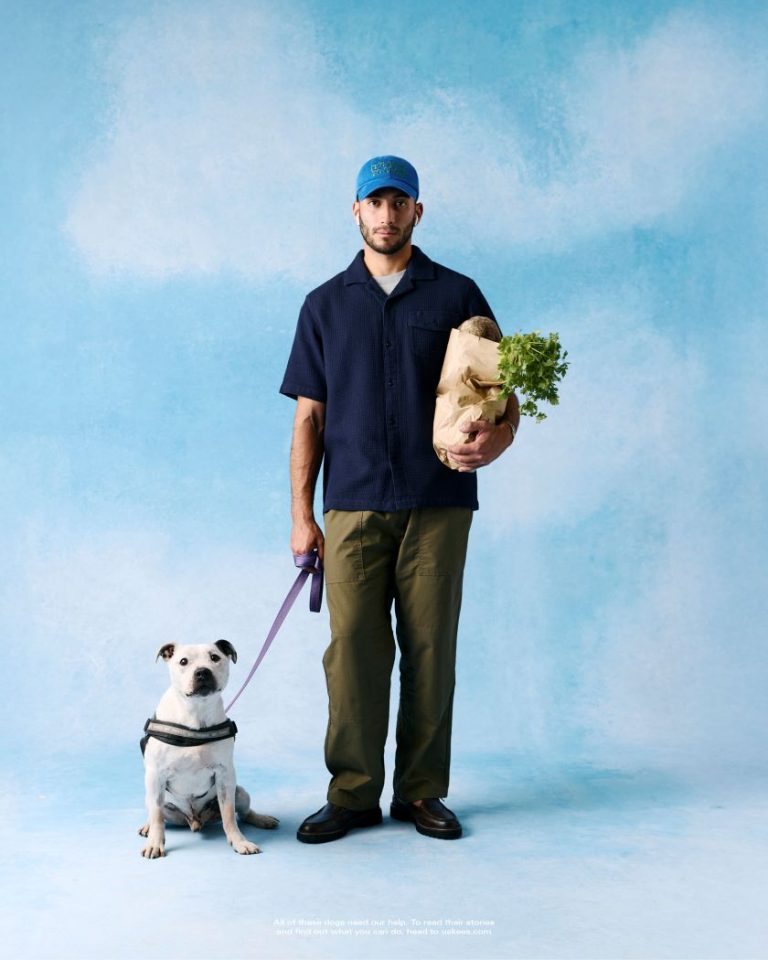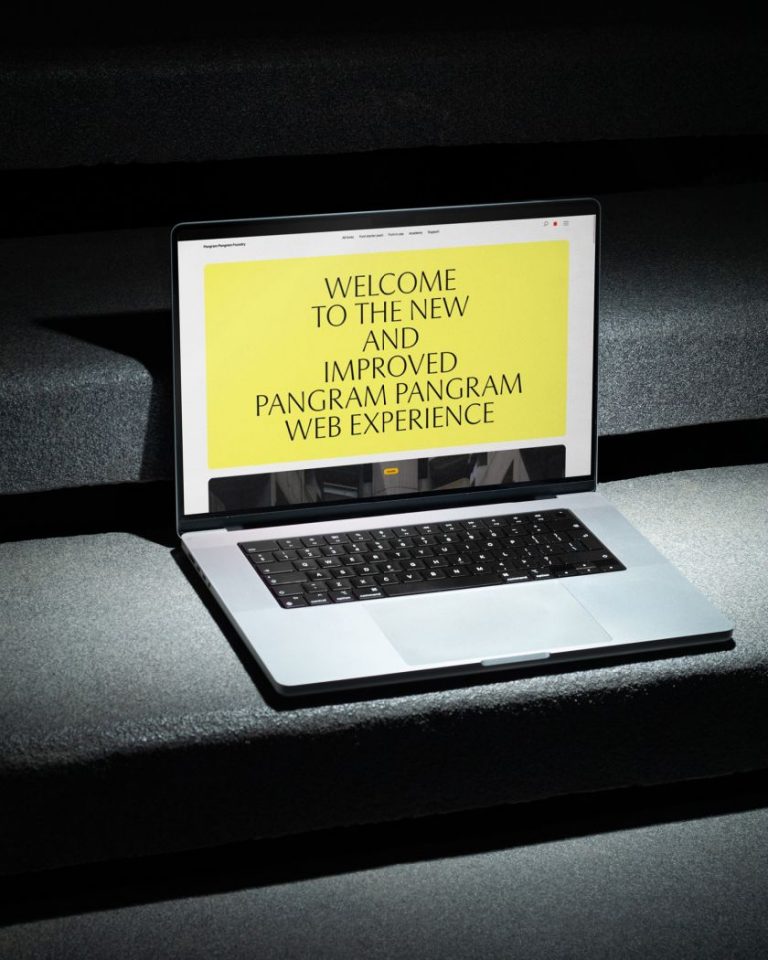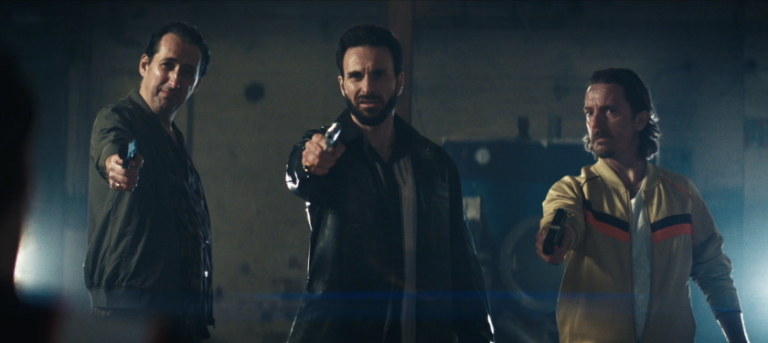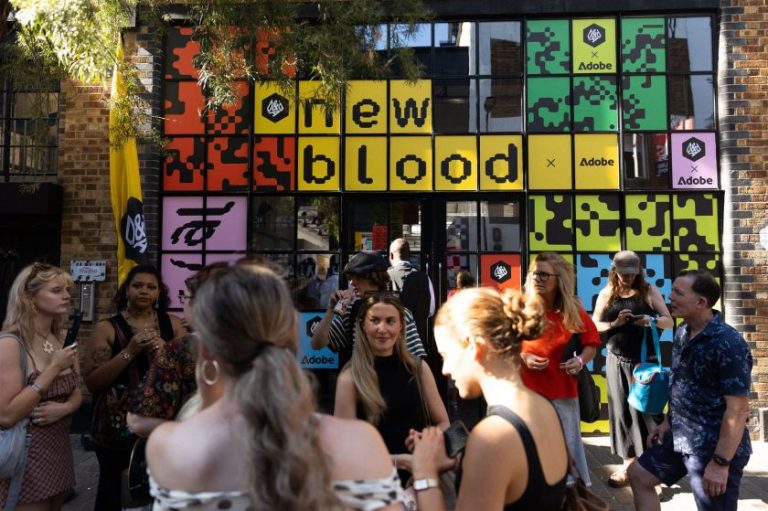London-based artist Claudia Chanhoi explores the sexual objectification of women with well-observed humour in pieces that cleverly circumvent online censorship. We caught up with her to learn more.
What do you see when you look at Claudia Chanhoi’s work? If you’re a human with a critically engaged brain, you’ll likely see surreal depictions of the human body that deliver a humorous commentary on hyper-sexualised societal norms. If you’re an Instagram algorithm, though, you may not.
That’s because Claudia has had to get clever with how she captions her artwork in order to avoid the social media platform from taking her work down. Even if the piece in question is just three lines and a single dot, the community guidelines swing into action. To get around this, she simply reposted the same image, added two little birds, and changed the caption to Birds Flying to the Moon. Problem solved.
“Since then, I’ve been challenging media censorship and questioning societal norms in our hyper-sexualised world by playing with captions and imagery,” Claudia tells Creative Boom. “This represents an evolution of her style, which used to talk a lot about modern dating relationships and female sexuality.
“Now, my topics have evolved as I mature through womanhood,” she adds. “Topics like how our society can’t dissociate our bodies from sexualisation, women feeling the need to be more masculine to be taken seriously and why women are expected to be sexually attractive while not allowed to be sexual beings.
“I think soon my topics will be focused on the biological clock of women, ageism, motherhood, marriage and probably menopause. I think my topics will keep evolving alongside my personal experiences.”
As well as drawing inspiration from her own life and experiences, Claudia is influenced by food. In fact, the worlds of sustenance and sex, in her opinion, are not entirely unrelated. “I love looking at food photography, and I think maybe this is where most of my inspiration comes from,” she says. “I find the human desire for delicious food to be very similar to good sex; it’s basically intimacy. I notice similarities between the emotions in food photography and the art, exploring intimacy and human connection.”
Her preoccupation with female empowerment and the sexual objectification of women though is rooted in both her first experience of a romantic relationship and instances of harassment that she faced at university.
“Growing up as a Catholic, I found myself guilty and ashamed to be curious about sex and sexuality,” she says. “These encounters not only confused me because they were once labelled as dirty and shameful, but also made me aware of the challenges faced by adult women in our modern society.”
It was during her final university project that Claudia decided to confront these topics. This would prove to be a turning point for her as a creative person, helping her let go of shame and allowing her to explore the themes that mattered to her most as a young woman.
“I have always been honest with how I feel and think through my work,” Claudia reveals. “These themes continue to be important to me because they speak to women’s lived experiences and our ongoing struggles in society. I believe that art has the power to challenge norms and provoke thought, and it has been my expression of womanhood.”
These issues, particularly, were the subject of Claudia’s 2022 TEDx talk. Here, she discussed how people are living in a hyper-sexualised society where women especially are conditioned to see their bodies as sex objects rather than functional, human forms. “We tend to mix ‘sexuality’ up with ‘sexualisation’, and this is how we have turned ‘sexuality’ into “an unrealistic pornographic scene,” she says.
“Even the most iconic Vietnam War photo captured by Nick Ut was taken down by Facebook because it featured a naked girl running away from a napalm attack. Facebook then explained the photo violated their community standards and, in some countries, might even qualify as child pornography. It seems like we can’t see our bodies without any titillations, and we just keep on internalising the shame that our bodies are obscene and indecent and need to be censored in all situations.”
Heavy topics, indeed. But this does not mean Claudia approaches them with a completely straight face. Humour is one of the main tools in her creative arsenal, and she uses it to great effect. “I think this has always been my approach to controversial topics in general,” she says. “I’m cautious about jumping to conclusions too quickly because I value open conversations and free thinking with an open heart.
“In today’s world, we tend to be very black and white, with people holding tightly to their views and often not leaving room for critical thinking or alternative opinions. Injecting a bit of humour into the discussion can perhaps encourage everyone to look at the topic in a lighthearted way.”
Crucially, though, this is humour with a point. “Some people might think I draw vaginas and penises just for fun without any meaning,” she says. “Throughout my career, I have been told by some of my potential clients, media editors, and even my close friends that my work could offend people because I draw body parts.”

